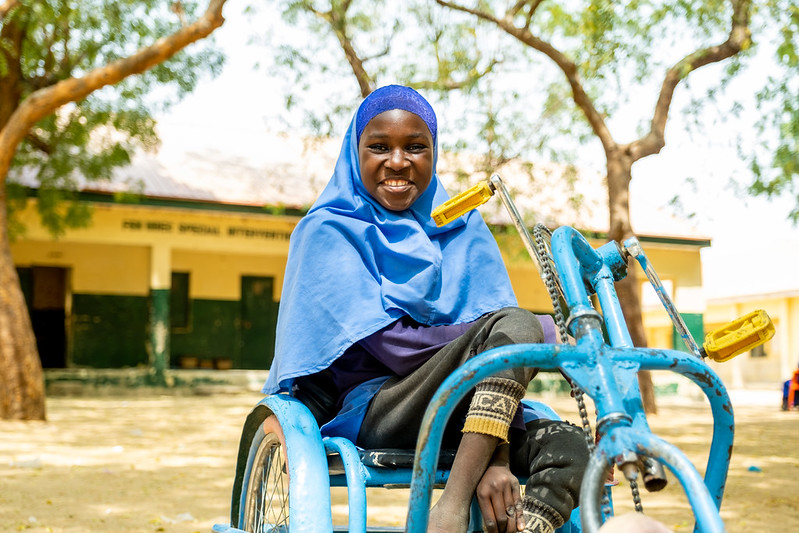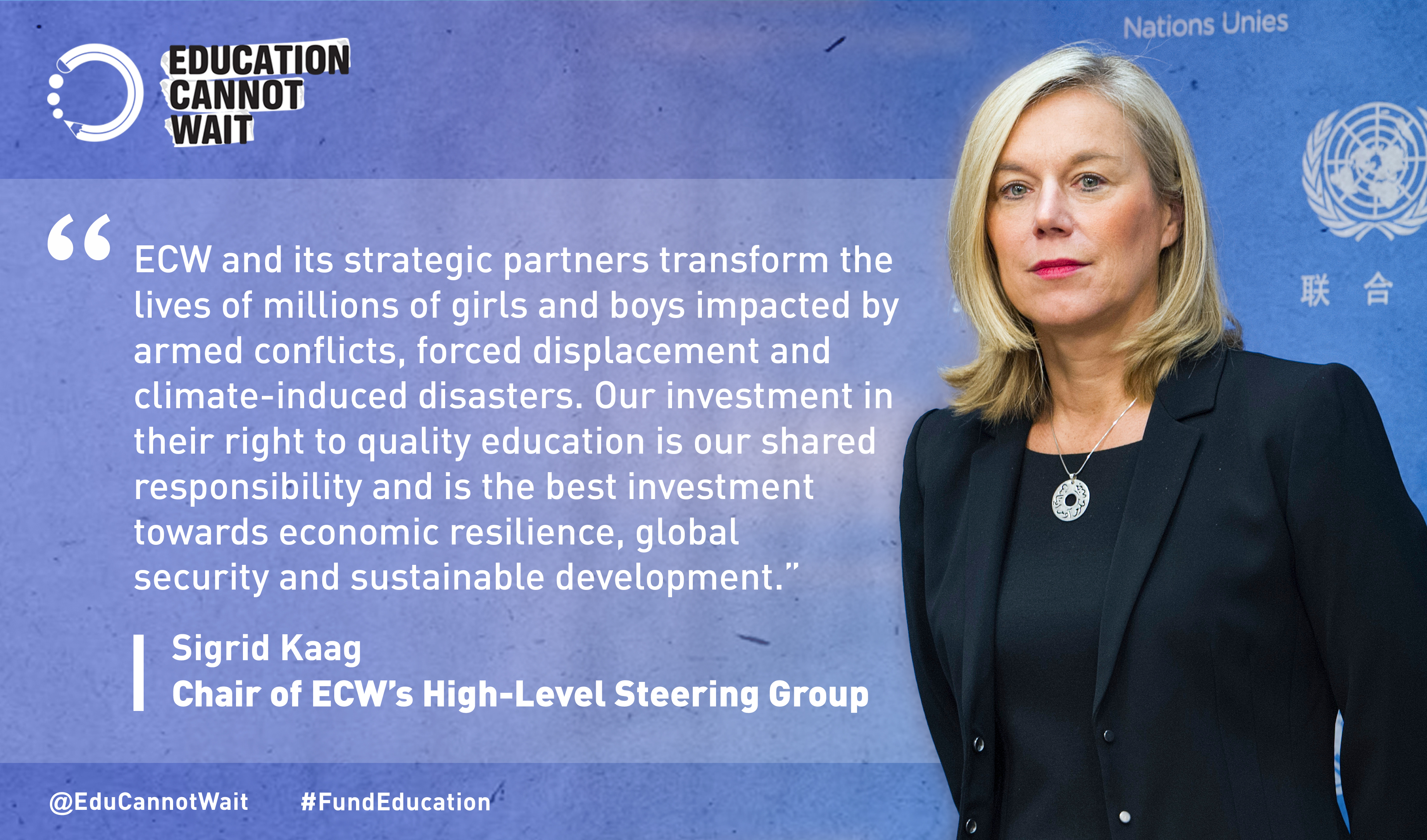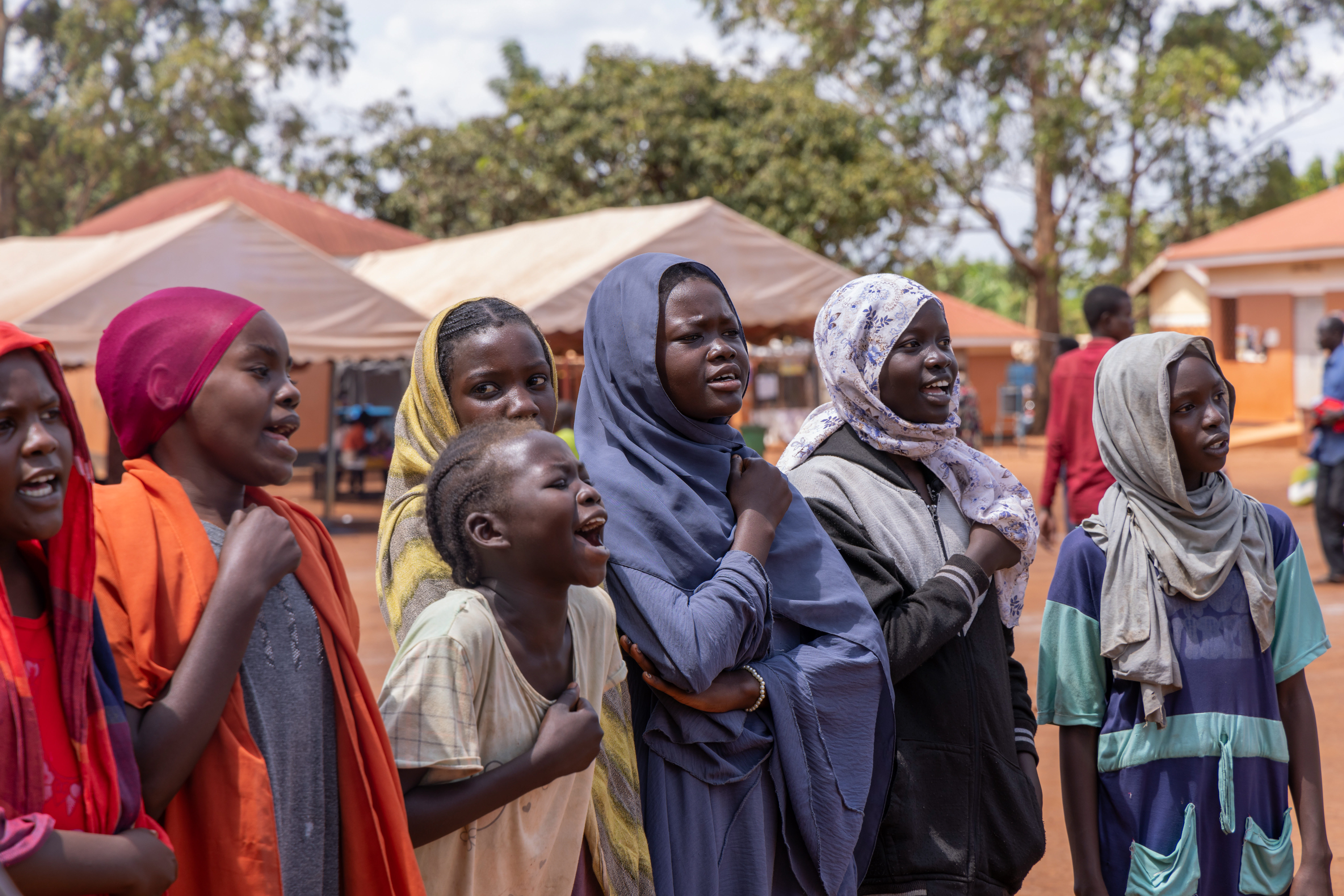Briefing to Member States at the United Nations: a Roadmap to Achieve the Learning Generation
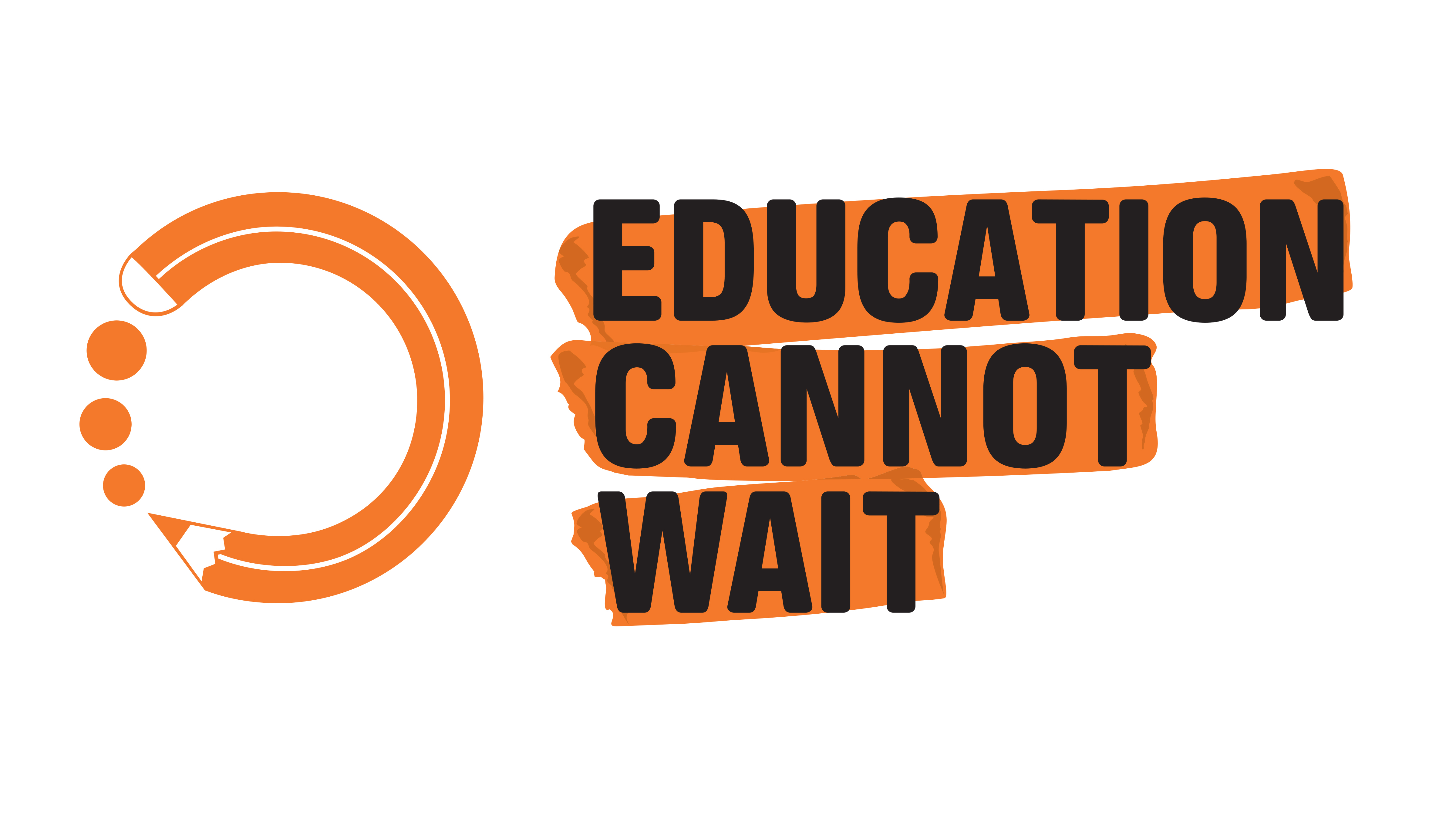
The world is facing an alarming education crisis. If current trends continue, over three-quarters of a billion young people in low- and middle-income countries will not be on-track to gain basic secondary skills, and 1.5 billion adults will have no education beyond primary school by 2030. Despite the overwhelming case for investment in education and the promises made and remade, in recent years domestic and global investment has flat-lined and too often money invested has led to disappointing results. Chronic underfunding and lack of sufficient focus on the most marginalized is compromising the international community’s ability to deliver ‘inclusive and equitable quality education for all’, as outlined in Agenda 2030.
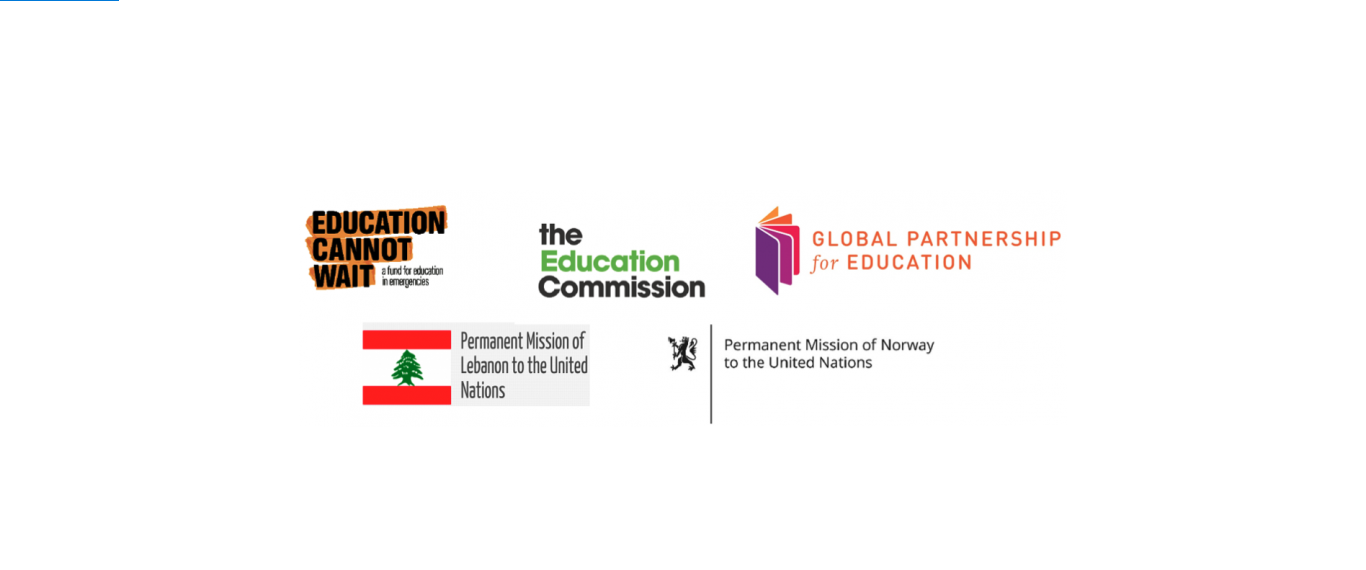
Date: Tuesday, 31 January, 4.00 – 5.30 p.m.
Location: United Nations Secretariat, Room CR11
Increased education financing is needed to provide for the largest expansion of education opportunity in modern history: creating the Learning Generation. It will cost USD $3 trillion to get all children in school and learning by 2030– 97% from domestic resource mobilisation and 3% from international financing. In more than 30 low-income countries, investments and reforms will leave half of the total budget unfunded and in need of international support. The Global Partnership for Education aims to raise $2 billion annually by 2020, ramping up to $4 billion annually in 2030 to build and implement strong education sector strategies to achieve SDG 4.
Increasingly the world’s out-of-school children are concentrated in conflict or disaster-stricken countries yet education in emergencies remains chronically underfunded. Supporting education in emergencies could add approximately $9 billion to projected education costs. In this context, systems reform is needed to bridge the divide between the humanitarian and development sectors. The Education Cannot Wait fund is bringing in new untapped resources to bridge this divide and acts as a catalytic fund to improve the efficiency of existing approaches.
There is already a well-designed financing architecture to enable the international community to provide high quality learning opportunities for the world’s most vulnerable children and youth — and the Commission has additional recommendations to leverage new financing from the multilateral development banks to scale up the impact of these mechanisms. Achieving the Learning Generation, especially in the most fragile and complex environments, requires unprecedented levels of coordination, reforms and resource mobilisation from a wide range of audiences, starting with Member States. This briefing will outline the distinct mechanisms and roadmaps in place to achieve this:
-
Providing an overview of the current state of global education, including the Education Commission’s findings and recommendations;
-
Highlighting the role of the Global Partnership for Education in improving learning and equity through stronger education systems;
-
Highlighting the urgent need to bridge the humanitarian-development divide and the unique role for ECW in bringing about the innovative and long-needed changes;
-
Outlining the scale of both domestic and international resource mobilization efforts required to create a Learning Generation and the complementarity of various funding mechanisms.
List of speakers
- H.E. Mr. Peter Thomson, President of the General Assembly
- Ms. Laila Bokhari, Deputy Foreign Minister, Ministry of Foreign Affairs, Norway
- H.E. Dr. Nawaf Salam, Permanent Representative of Lebanon
- Mr. Justin Van Fleet, Director of the Education Commission
- Mr. Omar Abdi, Deputy Executive Director, UNICEF
- Ms. Sarah Beardmore, Head of Policy, Global Partnership for Education
- H.E Mr. Geir O. Pedersen, Permanent Representative of Norway (moderator)
For Press Inquiries:
Anouk Desgroseilliers:
adesgroseilliers@un-ecw.org
+1-917-640-6820
Kent Page:
kpage@unicef.org
+1-917-302-1735

